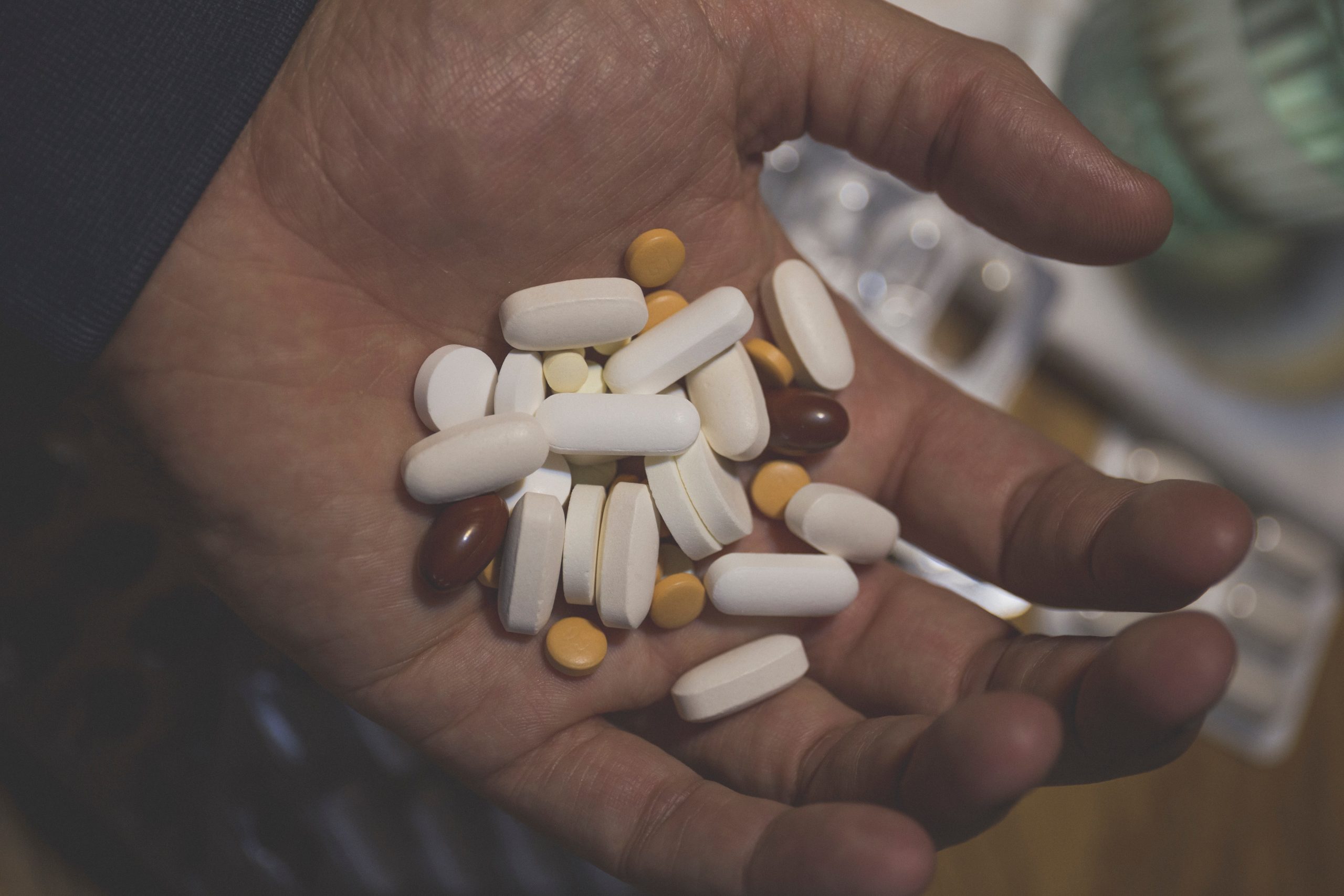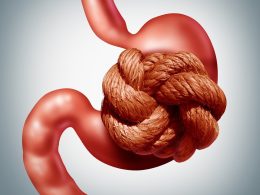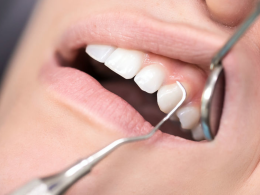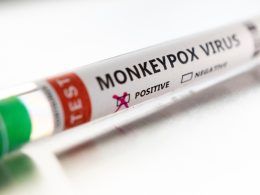Are you feeling bloated, sluggish, or experiencing irregular bowel movements? It might be time to take a closer look at your gut health. Your gastrointestinal tract is home to trillions of bacteria that play an integral role in your overall well-being. Luckily, there are ways to support and maintain the balance of these microscopic organisms through probiotics, prebiotics, and postbiotics. In this blog post, we’ll explore the importance of gut health and how you can improve it with these powerful tools. So let’s dive in!
Probiotics
Probiotics are live microorganisms that provide a host of benefits for your gut health. These good bacteria can be found in fermented foods like yogurt, sauerkraut, and kefir to name a few. They work by colonizing the intestines with beneficial microbes that help keep harmful bacteria at bay.
Research has shown that probiotics can improve digestive function, boost immunity, and even support mental health. In fact, some studies have suggested that certain strains of probiotics may alleviate symptoms associated with anxiety and depression.
It’s important to note that not all probiotics are created equal. Different strains have different functions, so it’s essential to choose the right ones based on your specific needs. For example, Lactobacillus acidophilus is commonly used for treating diarrhea while Bifidobacterium lactis may help reduce inflammation in people with irritable bowel syndrome (IBS).
Aside from food sources like yogurt or kefir, you can also find probiotic supplements readily available in most drugstores or supermarkets. Just make sure to check the label for potency and recommended usage before taking them regularly!
Prebiotics
Prebiotics are non-digestible fibers that act as food for the beneficial bacteria in our gut. They help to promote the growth of these good bacteria, which can improve digestion and overall gut health.
One of the most well-known prebiotic foods is fiber-rich fruits and vegetables like bananas, apples, berries, garlic, onions and leeks. These foods contain specific types of fiber that feed the good bacteria in our gut.
Another source of prebiotics is supplements that contain soluble fibers like chicory root or inulin powder. These supplements can be added to smoothies or other drinks to increase daily intake.
Prebiotics have been shown to not only support digestive health but also boost immune function by reducing inflammation throughout the body. In addition, they may even improve mental health by affecting neurotransmitter production in the gut-brain axis.
It’s important to note that while prebiotics are essential for a healthy gut microbiome, too much can potentially cause negative side effects such as gas and bloating. It’s best to gradually introduce them into your diet and monitor how your body reacts.
Postbiotics
Postbiotics are the latest buzzword in gut health, but what exactly are they? Postbiotics refer to the beneficial byproducts that result from the fermentation of probiotics and prebiotics in our gut. These byproducts can include short-chain fatty acids (SCFAs) like butyrate, acetate, and propionate.
Research has shown that SCFAs play a crucial role in maintaining gut health as they provide energy to the cells lining our intestines and also have anti-inflammatory properties. Additionally, SCFAs promote healthy immune function and may even help reduce the risk of chronic diseases such as colorectal cancer.
The good news is that we can increase our intake of postbiotics through dietary changes. Foods high in fiber such as whole grains, fruits, vegetables, legumes, and nuts provide nourishment for beneficial bacteria in our gut which then produce postbiotic compounds.
Interestingly enough, certain fermented foods such as kimchi and sauerkraut also contain postbiotic compounds due to their fermentation process. Incorporating these foods into your diet can help support a healthy balance of microbes in your gut.
While research on postbiotics is still relatively new compared to probiotics or prebiotics; it’s clear that these compounds play an essential role in promoting optimal digestive health.
The Importance of Gut Health
The importance of gut health cannot be overstated. Our gut is home to trillions of microorganisms, including bacteria, viruses, and fungi that play a crucial role in maintaining our overall health. These microorganisms make up what is known as the microbiome.
A healthy microbiome promotes the digestion and absorption of nutrients from food, helps regulate our immune system response, and even affects our mood and behavior. On the other hand, an imbalanced microbiome can lead to various digestive problems like bloating or constipation. It may also increase the risk of chronic diseases such as obesity, diabetes, or autoimmune disorders.
The factors that can affect gut health are numerous: poor diet choices (such as high sugar or processed foods), lack of exercise or sleep quality; excessive use of antibiotics; stress levels; or exposure to environmental toxins. All these factors can alter the balance between good and bad bacteria in your gut.
Therefore, it’s essential to take care of your gut through lifestyle changes such as eating a balanced diet rich in fiber and fermented foods like yogurt or sauerkraut. Also incorporating regular physical activity into your routine while reducing stress levels will help improve your body’s overall well-being by keeping its microbial community happy!
How to Improve Gut Health
Improving gut health is essential for maintaining a healthy body and mind. Luckily, there are many ways to improve gut health that you can easily incorporate into your daily routine.
One of the simplest ways to improve gut health is by eating a diet rich in fiber. Fiber acts as food for the good bacteria in your gut, helping them thrive and keeping your digestive system running smoothly.
Another way to support good gut bacteria is by consuming probiotic foods such as yogurt, kefir, sauerkraut, kimchi or kombucha. These foods contain live beneficial bacteria that help balance out harmful bacteria in the gut.
Prebiotic-rich foods such as onions, garlic, bananas and oats also feed good bacteria and encourage their growth. This helps keep bad bacteria at bay while promoting overall digestive wellness.
Reducing stress levels can also have a positive impact on gut health since high levels of stress hormones like cortisol can interfere with digestion and lead to inflammation in the intestines.
Getting enough sleep each night has also been linked to improved gut function since lack of sleep can disrupt the delicate balance of good and bad bacteria in the digestive tract.
By making small changes such as these to support healthy digestive function every day, you’ll be well on your way towards optimal overall wellness!
Probiotic Foods and Supplements
Probiotic foods and supplements have become increasingly popular in recent years due to their potential health benefits. These products contain live bacteria that can help improve the balance of gut microbiota, leading to better digestion and immune system function.
Some common probiotic-rich foods include yogurt, kefir, sauerkraut, kimchi, and miso. When selecting a probiotic supplement, it’s important to choose one with strains that have been scientifically studied for their effectiveness.
It’s also important to note that not all probiotics are created equal – different strains may have different benefits for the body. For example, Lactobacillus acidophilus has been shown to be effective in treating diarrhea while Bifidobacterium lactis may help alleviate symptoms of irritable bowel syndrome.
If you’re considering adding probiotic supplements or foods into your routine, it’s recommended to start slowly and monitor any changes in your digestive system. It’s also important to maintain a healthy diet overall as well as practicing good hygiene habits like washing your hands regularly.
Conclusion
Maintaining a healthy gut microbiome is integral to overall health and well-being. Probiotics, prebiotics, and postbiotics all play different but essential roles in supporting this delicate ecosystem of microorganisms that live in our digestive tract.
By incorporating probiotic-rich foods like yogurt or taking supplements, we can introduce beneficial bacteria into our system. Prebiotic foods such as garlic or onions feed these good bacteria while also promoting the growth of new strains. Postbiotics are produced by these helpful microbes and have anti-inflammatory properties that further support gut health.
However, it’s important to remember that simply adding one type of food or supplement may not be enough to improve your gut health significantly. Instead, focus on consuming a diverse range of whole foods rich in fiber and nutrients while minimizing processed junk food.
Ultimately, taking care of your gut health will benefit not just your digestion but also your immune system function, mental health, and more! So make sure you prioritize this crucial aspect of wellness by making small changes over time for lasting results.










